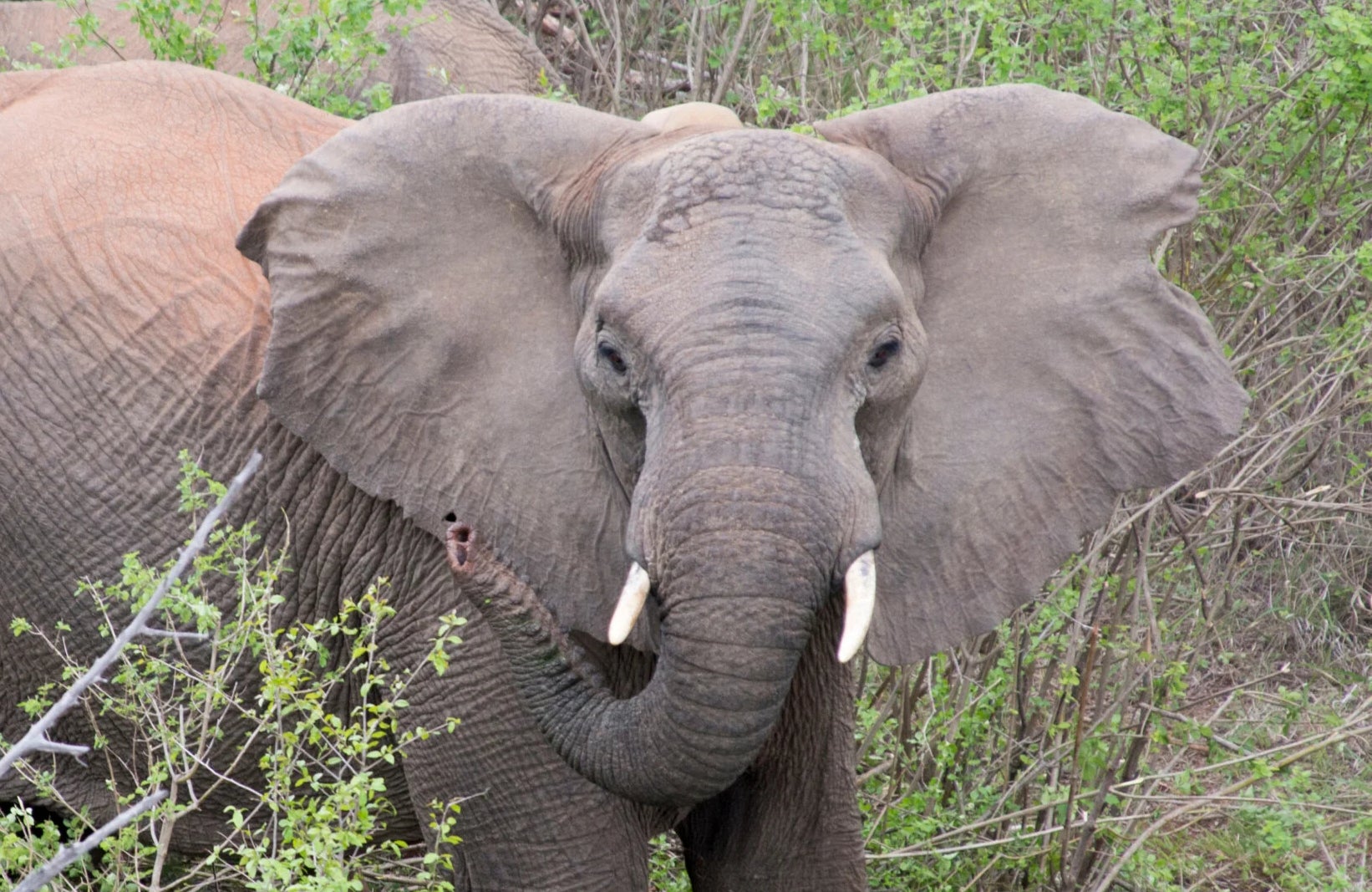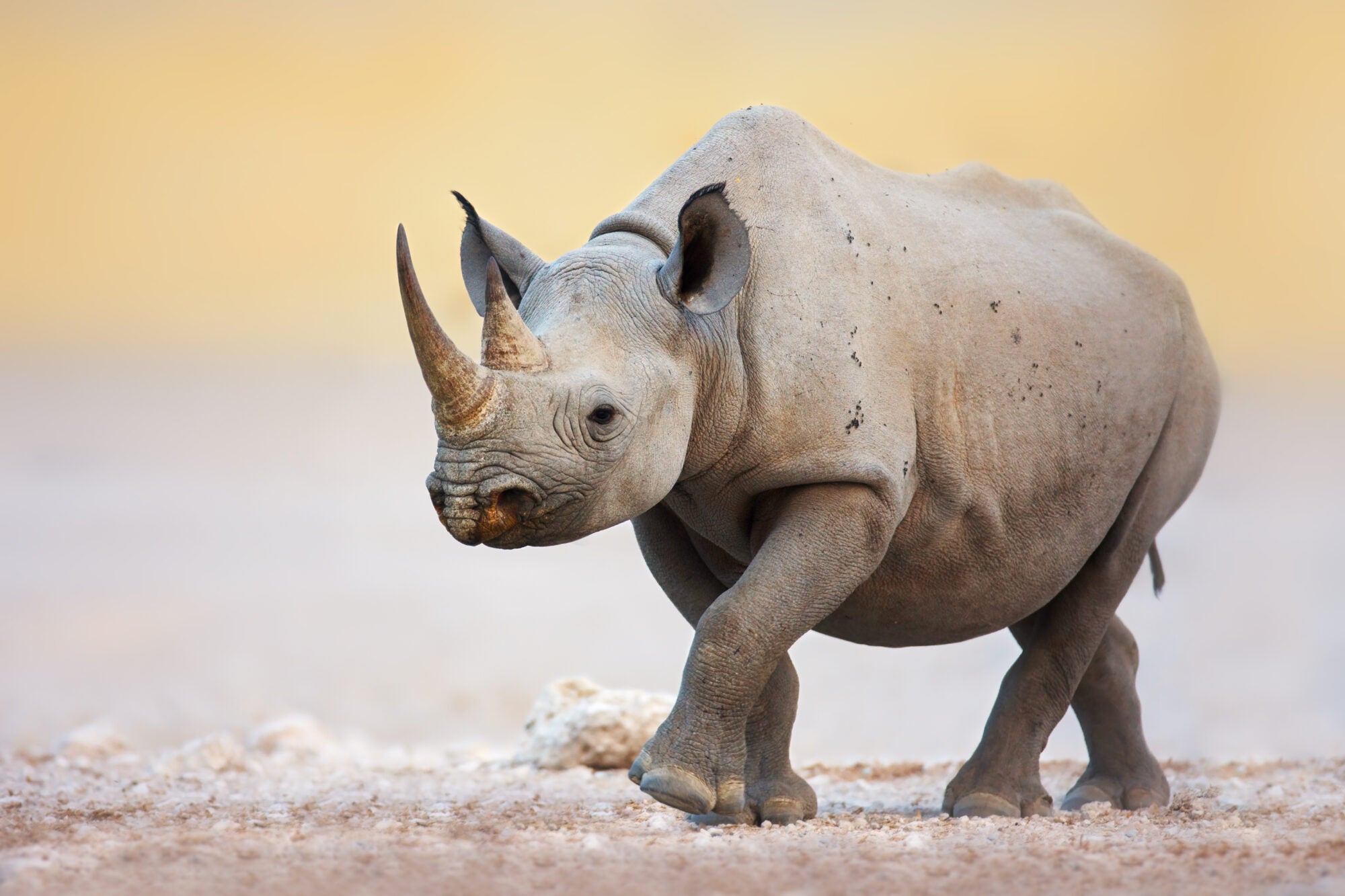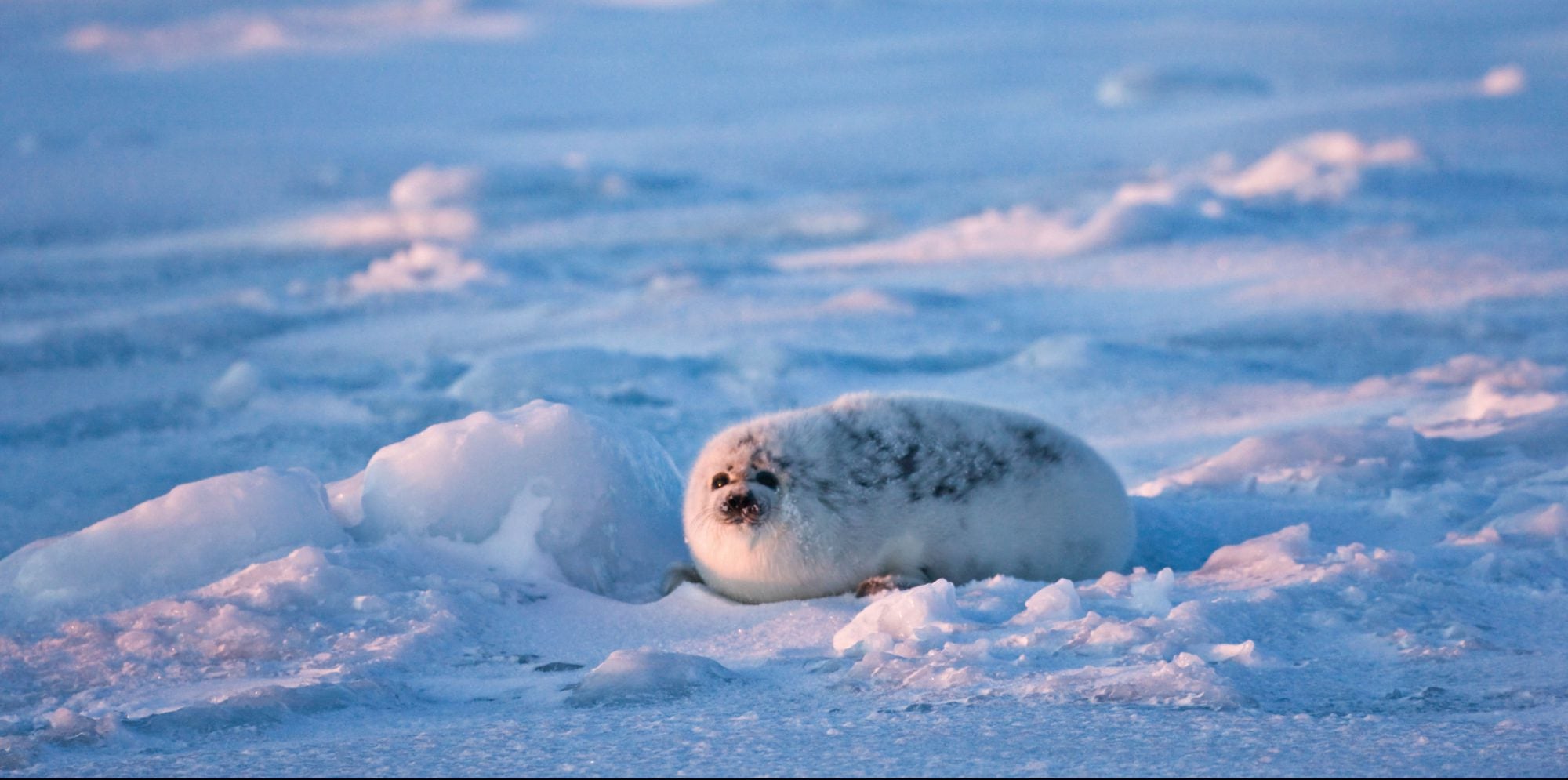
CAPE TOWN, South Africa—In light of increasing sightings of African clawless otters around the Western Cape’s public shores and water masses, wildlife experts from animal protection organisations are seeking to remind residents that although these near-threatened animals are endearing, like all wild animals they should be observed from a distance both for their protection and to avoid potential human-wildlife conflict. Otters are protected under South Africa’s Animals Protection Act, and the Threatened and Protected Species Act, and disturbance of or interference with these wild animals that leads to any suffering may be a criminal offence.
Together with the Two Ocean’s Aquarium and the Department of Forestry, Fisheries and the Environment, Humane Society International/Africa, the International Union for Conservation of Nature Species Survival Commission Otter Specialist Group and the African Otter Network Group have been working to monitor and protect otters, and to increase awareness about how the public can peacefully coexist with them.
Audrey Delsink, director of wildlife for HSI/Africa, said: “It is wonderful to see precious wildlife enjoying our beautiful shores, however, otters are wild animals and we urge the public to keep a respectful distance. Never attempt to touch or pick up otters as they may defend themselves and their young. We can all play a part in protecting this endearing species so we encourage the public to live harmoniously alongside them, keep visits to waterways litter-free, and give these animals space.
“HSI/Africa works to protect all animals and seeks non-lethal solutions and tools to promote coexistence instead of conflict with our urban and native wildlife. We are proud to work alongside other experts and specialist groups and the DFFE to closely monitor the otters as a remarkable example of such coexistence, and to mitigate any possible conflicts.”
Nicci Wright, wildlife specialist for HSI/Africa and member of the African Otter Advisory Group and the
IUCN SSC Otter Specialist Group, said: “As otter habitat decreases due to human encroachment and development along coast and river lines, these animals become more visible and consequently more habituated to people and our activities. However, otters are apex predators and will defend themselves and their territories if they feel threatened by people getting too close or dogs off leash, especially if they are protecting dependent pups. If you have the privilege of seeing otters in the wild, remember to stay back and give them their space. We can coexist in our shared spaces by respecting each other and understanding the otters’ needs.”
The African clawless otter is one of 13 otter species and the third largest in the world. It is widely distributed throughout South Africa in most aquatic habits; although largely known as freshwater mammals, they often occur in marine habitats as long as freshwater is nearby for rinsing. Otters are usually solitary, but when prey is abundant they can be found in family groups of females with their offspring or, more rarely, males and females with their young.
African clawless otter numbers are declining and the species is currently listed as near-threatened by the IUCN’s Red List of Threatened Species. Their major threats include poaching for their skin and body parts, habitat loss due to urbanisation, disturbance and pollution, as well as persecution by humans in competition for food. Fortunately, otters are protected by the South African law and disturbance of or interference with these wild animals, and/or failure to report or prevent such action, may be considered a criminal offence in terms of Section 2: Offences in Respect of Animals, of the Animals Protection Act 71 of 1962 and when read with other law.
ENDS
Media contact: Leozette Roode: (+27) 713601104; LRoode@hsi.org



